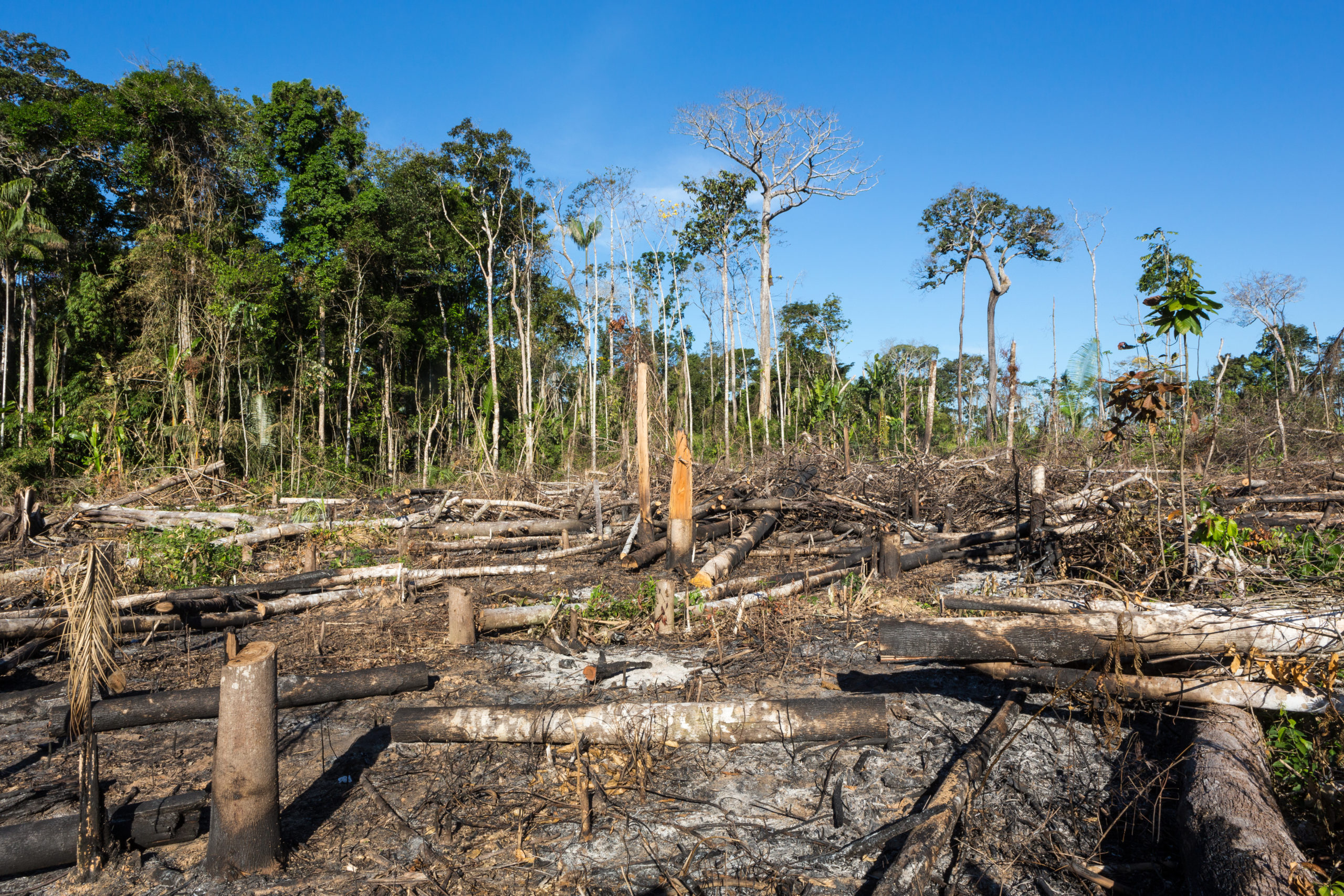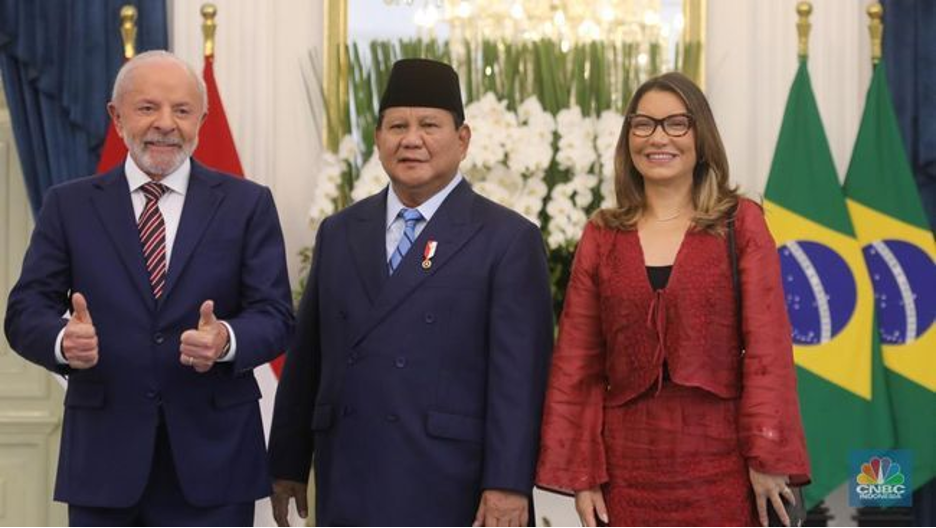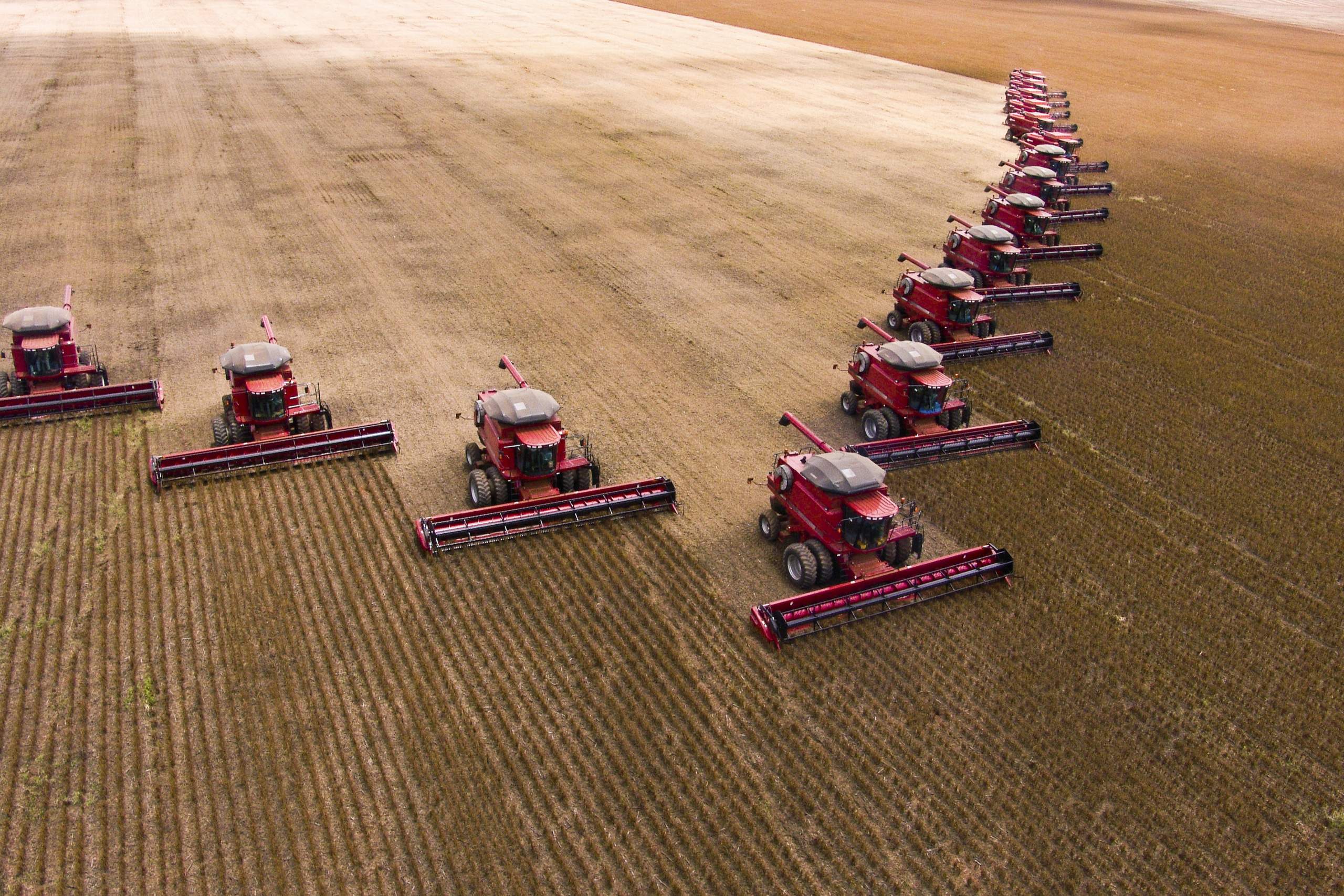
Meet the Framework that helps give our deforestation campaigns bite
The Accountability Framework initiative (AFi) is a collaborative effort to build and scale up ethical supply chains for agricultural and forestry products. Led by a diverse global coalition of environmental and human rights organizations, the AFi works to create a “new normal” where commodity production and trade are fully protective of natural ecosystems and human rights. To pursue this goal, the coalition supports companies and other stakeholders in setting strong supply chain goals, taking effective action, and tracking progress to create clear accountability and incentivize rapid improvement.
Vice-President, Sarah Lake offers her personal reflections on the two-year anniversary of the Accountability Framework Initiative and its value in helping drive change.
In 2014, at Global Forest Watch’s annual meeting, I watched as dozens of NGOs and leading agribusiness companies gathered in a single conference room to discuss private sector action on deforestation. Following a presentation on the state of corporate deforestation-free commitments (which, at the time, were few enough to fit on a single slide), we all discussed the needs of companies for setting robust commitments and acting on them.
But the ensuing discussion revealed the state of confusion and frustration by the companies. They asked: ‘What exactly do you want us to do?’ ‘Why are different NGOs asking us to do different things?’ ‘Can there be a clear guide from civil society on how companies should implement deforestation-free commitments?’
Companies wanted a clearer path forward to meet the mounting demands for sustainable production and sourcing.
“What if we created a framework; a set of expectations to guide companies in terms of action to address deforestation?” one participant from Rainforest Alliance said. And in that moment, the first seeds of the Accountability Framework were planted, as was the Accountability Framework initiative (AFi), the NGO-led coalition behind the Framework.
Now, the Framework is a foundation for forest and ecosystem protection and sustainable land use, utilized by dozens of companies to ensure their efforts are credible, robust and, most importantly, effective in advancing sustainable commodity production and trade, including human rights.
While my own career has moved from research and corporate engagement, to supply chain transparency tools, and now to advocacy, AFi has consistently proved to be an invaluable resource in all of my work. As a researcher at Global Forest Watch supporting company supply chain monitoring, I benefited from the initiative’s detailed guidance on monitoring and reporting. For the first time, widely agreed upon guidelines existed on what information was necessary, how frequently to collect it, and to what end companies should monitor their supply chains.
Later on, while I oversaw the Forest 500, AFi provided a forum to bring together the numerous initiatives that assessed, scored, and reported on company commitments and progress. With AFi’s intervention, the group was able to identify new areas of collaboration and opportunities to reduce the overlap of initiatives operating in a crowded space.
Most recently, when serving as the Global Director for Latin America at Mighty Earth, AFi proved essential to our campaigns targeting some of the world’s largest agribusinesses. By establishing clear expectations for companies across all thematic areas, the AFi emboldens our campaign efforts to ask for more ambitious private sector action. AFi has provided us with the dictionary for companies to understand the issues we aim to address, as well as the instruction manual for achieving supply chains that are deforestation- and conversion-free. Our campaigns build upon the common expectations of the Framework: that companies should adopt a cut-off date, and that companies should take action on non-compliant farms. With the credibility of the AFi behind our “asks” of companies, these asks are not only taken more seriously, but we are also in a better position to push for the next level of action required of companies.
It’s been two years since the Framework was launched. As the AFi continues to evolve, I look forward to seeing the Framework adapt to the new and pressing needs of commodity-driven deforestation, whether that be commodity-specific guidance, adapting the existing framework to help priority commodity sectors, or expanding to secure uptake by overlooked supply chain sectors.
You can find out more about the impact AFi has had in the two years since the Framework’s launch, here.


